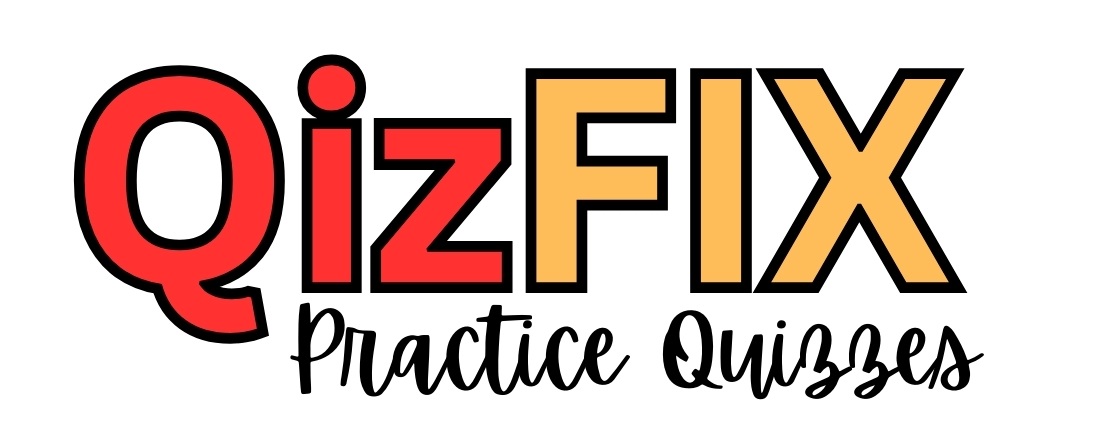1. _________ is a branch of digital forensics dealing with identifying, managing, and preserving digital information that is subject to legal hold. A. E-discovery
2. A law that is passed by a legislative branch of government is known as a(n) __________. A. statutory law
3. A physical hard disk drive will persist data longer than a solid state drive. A. True
4. A principal reference for rules governing the export of encryption can be found in the __________. A. Export Administration Regulations
5. Both forensics and e-discovery are secondary processes from a business perspective. A. True
6. Business records, printouts, and manuals are which type of evidence? A. Documentary evidence
7. Changing a file’s extension will alter the contents of a file. A. False
8. Check fraud is an example of computer-based fraud that deals with Internet advertising. A. False
9. Clusters that are marked by the operating system as usable when needed are referred to as __________. A. free space
10. Computer trespass is only treated as a crime in the United States. A. False
11. Evidence that is convincing or measures up without question is known as __________. A. Sufficient?
12. Export control rules for encryption technologies fall under the Wassenaar Arrangement. A. True
13. Law that is based on previous events or precedents is known as __________. A. common law
14. Major legal awards have been decided based on failure to retain information. A. True
15. Oral testimony that proves a specific fact with no inferences or presumptions is which type of evidence? A. Direct evidence
16. The DMCA protects the rights of recording artists and the music industry. A. True
17. The Gramm-Leach-Bliley Act is a major piece of legislation that __________. A. affects the financial industry and contains significant privacy provisions for individuals
18. The PATRIOT Act permits the Justice Department to proceed with its rollout of the Carnival program, an eavesdropping program for the Internet. A. True
19. The term __________ describes a series of digits near the beginning of the file that provides information about the file format. A. magic number
20. The Wassenaar Arrangement can be described as a(n) __________. A. A. international arrangement on export controls for conventional arms and dual-use goods and technologies
21. There is no recovery from data that has been changed. A. True
22. What is a software bomb? A. Software that can destroy or modify files when commands are executed on the computer
23. What is the Convention on Cybercrime? A. The first international treaty on crimes committed via the Internet and other computer networks
24. Which law makes it a crime to knowingly access a computer that is either considered a government computer or used in interstate commerce, or to use a computer in a crime that is interstate in nature? A. Computer Fraud and Abuse Act
25. Which law overhauled the financial accounting standards for publicly traded firms in the United States? A. Sarbanes-Oxley Act
26. Which of the following has the least volatile data? A. Hard disk
27. Which of the following rules applies to evidence obtained in violation of the Fourth Amendment of the Constitution? A. Exclusionary rule
Other Links:
See other websites for quiz:
Check on QUIZLET
